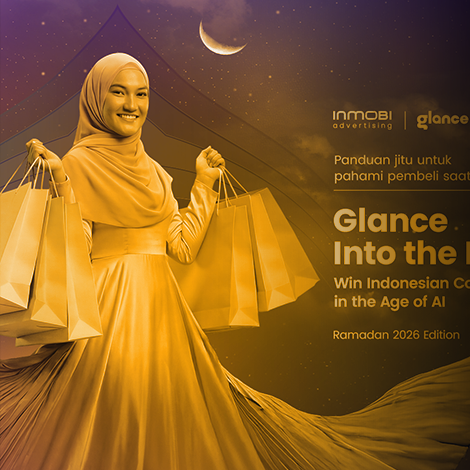
In today’s India, brands harness AI to magnify their reach—optimizing ad targeting, generating visuals, and shaping narratives. Yet as this technological momentum gathers pace, a subtle but significant question surfaces: who is seen, and who is erased? This moment invites us to rethink not just the tools of media and marketing, but the values embedded within them.
Scholars and industry leaders now talk openly about the risks of bias and homogeneity in AI systems powering digital campaigns. As Campaign India recently reported, AI models trained on narrow or skewed datasets often reproduce familiar stereotypes, especially around gender and regional identity. The result is AI-driven content that defaults to urban, lighter-skinned archetypes, sidelining India’s extraordinary linguistic and socio-economic diversity. When brands rely on such flawed systems, campaign resonance suffers and trust erodes.
This inequity extends into the very structures building those systems. Although women now make up roughly 32% of India’s technology workforce, Analytics India Magazine has documented their significant underrepresentation in AI research and leadership roles. Women hold only 20% of leadership roles in tech in India, and their representation in senior leadership globally remains low at 26%, not just because of capability but due to systemic barriers across recruitment, retention, and promotion. Globally, women compose just 25% of AI researchers, meaning India’s inclusion gap mirrors a broader global trend. Without visible women’s leadership in AI, ethical blind spots persist unchallenged.
Meanwhile, consumer expectations are catching up and influencing market outcomes. An overwhelming majority of Indians now expect brands to reflect real-world diversity. Campaign India and Campaign Asia highlight that brands seen as inclusive—not merely of token women, but of regional languages, gender diversity, caste, and ability—build deeper trust and loyalty, especially across non-metro and tier-2/3 markets. Inclusion has moved from ethical uplift to competitive advantage.
Indian firms are responding. A survey cited by Campaign Asia reveals that nearly 69% of Indian companies express concern over bias in their AI models, and many are planning increased investment in AI/ML tools with proactive bias mitigation measures. Considering caste, rural communities, and regional languages, conversations now center around inclusive data sampling and embedding fairness metrics suited to India’s complex socio-cultural reality.
Public policy and institutional frameworks further reinforce this shift. The Government’s NITI Aayog-led “AI for All” strategy and initiatives under IndiaAI, BharatGen, and OpenAI Academy emphasize multilingualism, cultural inclusion, and ethical AI infrastructure. Recent partnerships focus on skilling educators in Hindi and regional languages, making AI accessible across societal segments and geographies. This institutional momentum underscores the need for practice as well as policy.
Yet for all this awakening, the real transformation is still in its early stages. Brands and agencies have yet to routinely embed inclusion throughout the campaign lifecycle. AI-generated content often lacks review by diverse stakeholders; inclusion metrics are scarce; and women in AI roles remain underrepresented and under-visible. The result is that while the intent exists, impact remains uneven and largely urban-centric.
However, the moment is ripe for India’s brands, media, and marketing ecosystem to lead with intention. Embedding inclusion within AI strategies—from diverse sourcing of data to inclusive creative brief and review processes—can ensure narratives reflect the full palette of Indian identities. Investing in women’s participation in AI research, leadership, and brand strategy is not just a matter of equity; it creates visible role models and dismantles the systemic inertia keeping inclusion out of tech. Defining and tracking inclusion metrics—such as skin-tone diversity in imagery or engagement across linguistic and gender lines—can convert abstract ideals into measurable progress.
This crossroads offers two divergent paths. One reinforces a narrow legacy of algorithmic sameness. The other charts a bold course where AI becomes India’s storytelling advantage—resonant, relevant, and representative.
Inclusive AI is not a luxury or an add-on; in a society as richly diverse as India, it is the strategic foundation for trust, market relevance, and creative authenticity. When practiced with care, inclusive AI can transform India’s brand narratives into a mosaic of inclusion, giving voice and visibility to the varied threads of Bharat’s identity.
*******
Dr. Avinash Jhangiani is the founder CEO of Play2Transform Group, Penguin-published author, global leadership coach, digital/AI transformation consultant, and executive education faculty. As a member of the Global MMA India AI Council, he champions inclusion in AI design, usage and leadership. Connect with him on LinkedIn at https://www.linkedin.com/in/avijhangiani/


















